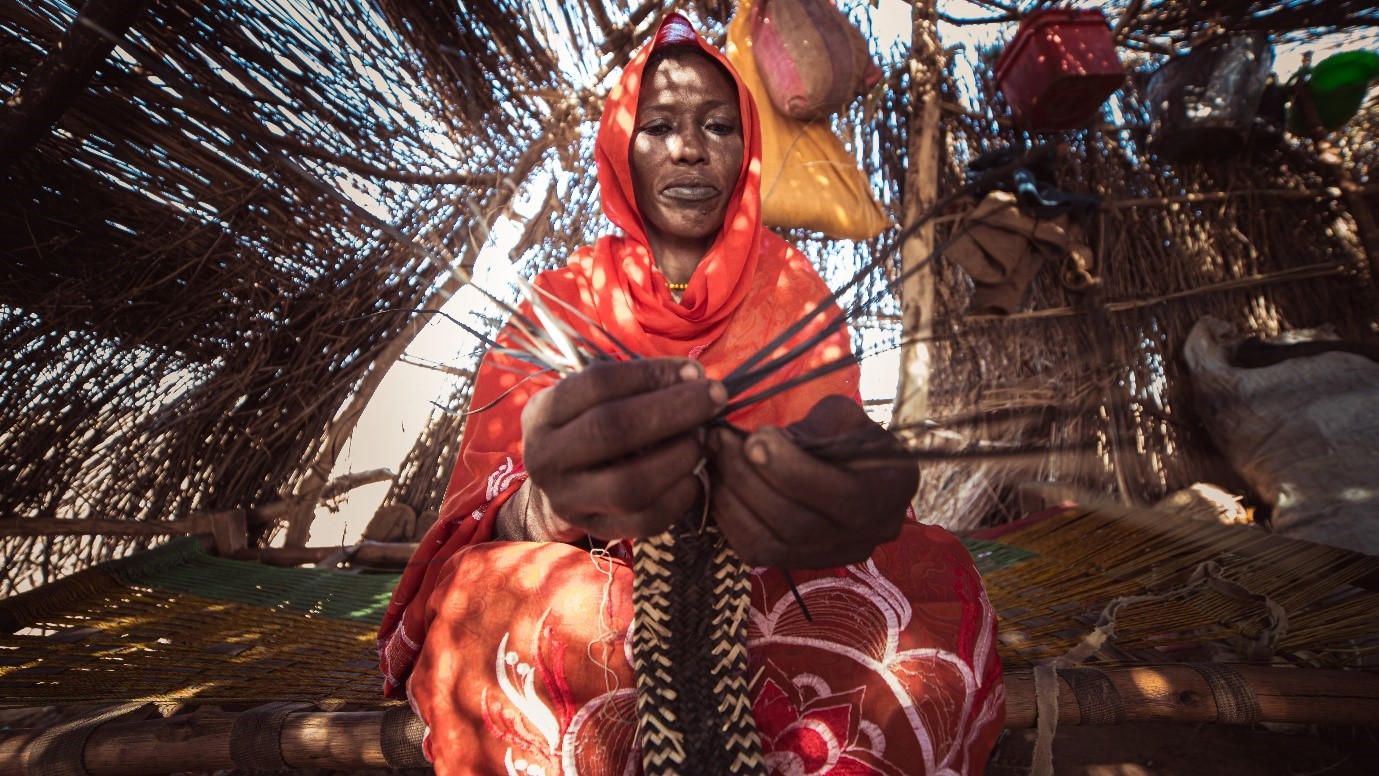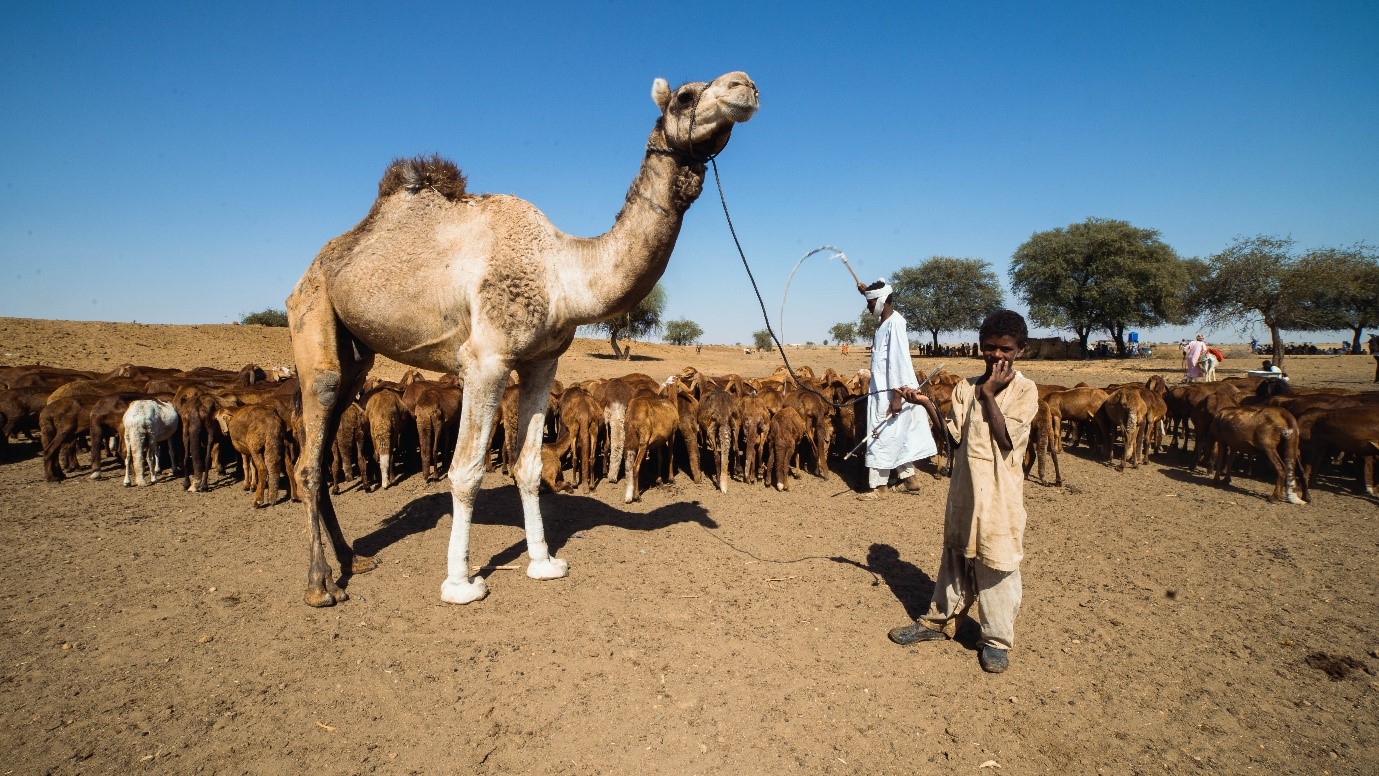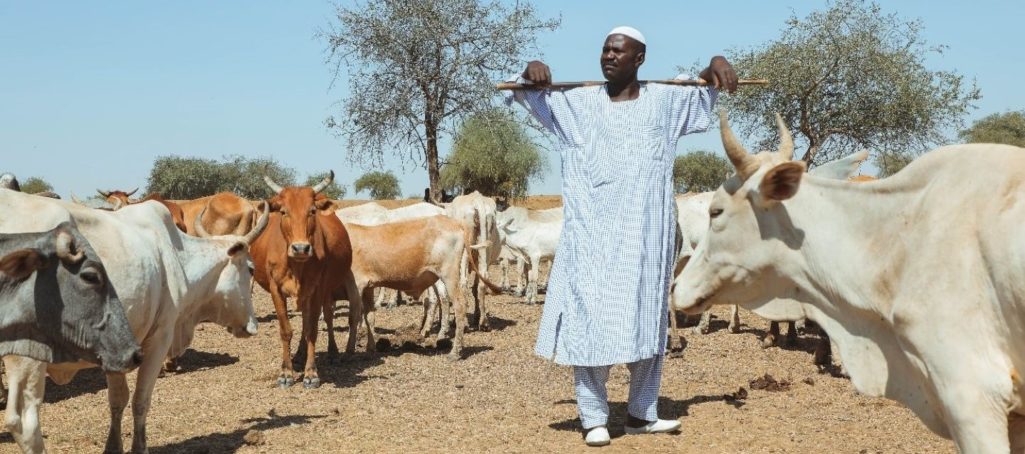As the climate crisis takes hold, it’s said that the wars of the future will be over one of the most fundamental of human rights: water. In many parts of Sudan, these wars have already begun. Sudan lies in the semi-arid Sahel. Nomadic herders and their livestock have long crisscrossed these vast borderlands of the Sahara Desert. With an estimated 140 million animals, Sudan has one of the largest livestock sectors in Africa. But repeated droughts mean the Sahel is turning to dust, with less water and arable land for herding and farming.
When resources are scarce, it takes little to spark conflict. “In recent times, we came across disputes that saw many people fighting. There were several deaths,” says Hassan Yaseen Al-Hassan, the mayor of Umm Ruwaba, a town in central Sudan.
He tells us how fighting broke out when herders trespassed on private farmland, when farmers whose fields had turned barren started cultivating on traditional animal paths, and when people were prevented from accessing water. In some cases, the expansion of farmland was driven by mechanized farming. In others, farmers cultivated larger and larger areas to compensate for the low productivity of the land.
There were no heroes in this conflict. Everyone was a victim of a greater enemy: climate change.
Making peace

© IFAD/Imam Ibrahim Albumey
Now, Umm Ruwaba have found a way toward peace and equitable resource management. Staff from the IFAD-supported LMRP have helped communities map animal paths and set up social centres where conflict resolution committees can help them resolve their disagreements peacefully and determine how to share resources.
“The centre played a key role in alleviating these conflicts,” says Dalia Mohamed Ismail, a trained conflict resolution officer at one of the centres. She conducts workshops, forums and training to help farmers and herders come to an agreement. Thanks to the hard work of Dalia, her colleagues and a key group of local leaders, 35 disputes have been resolved amicably in five years.
But mediation can’t resolve the underlying problem of water scarcity. The LMRP initiative has identified new water points and created reservoirs closer to animal paths, making it easier for herders to access the needed water.
Coming together

© IFAD/Imam Ibrahim Albumey
The Butana region in eastern Sudan is also no stranger to drought. In recent years, rainfall has become even less predictable. Both farmers and herders have limited access to irrigation schemes or permanent water sources.
Meanwhile, the area’s natural resources are threatened by outside interests, such as large-scale commercial farms and artisanal goldminers. Local people struggle to exercise their right to manage their natural resources, especially around using shared land or regulating access to water.
Here, the IFAD-supported BIRDP introduced a framework for local people to govern their natural resources by identifying their priorities and constraints through dialogue with government agencies. Using the framework, local communities have built village networks to manage resources equitably and protect their landscapes. They’ve resolved internal conflicts over resources and come together to prevent outsiders’ exploitation of their land.
Elsewhere in Africa, IFAD analysis shows how increased economic opportunities and greater land productivity can make resources more widely available and thus prevent or reduce rural conflict.
In an age of climate change, rural prosperity and sustainable resource management can be a potent formula for world peace.
For more information, visit the IFAD webpage: Click HERE

